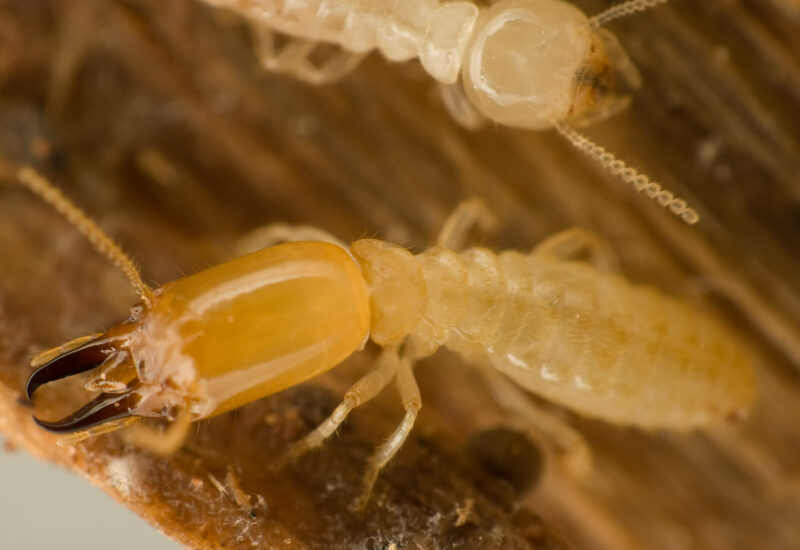Pest Control Tips For New Homeowners
Buying or selling a house? Maybe doing both? Pest issues can plague the process if you aren’t aware of what problems you should be looking for before signing any paperwork. Whether existing termite damage hasn’t been found in the house you’re about to buy, or a family of mice is invading the house you’re selling, it’s best for both the buyers and sellers to ensure proper pest inspections are done.
Below are some signs of pest problems to look for and steps to take when buying or selling property.
Tips For New Homeowners
It’s important that a certified pest control technician inspects the property you are interested in purchasing. Speak with the sellers (or real estate agents handling the property) to understand when the seller last had a pest inspection. It is highly recommended that potential buyers schedule their own inspections so they have complete confidence in the results reported. Pest technicians will look for wood-damaging insects like termites, carpenter ants and beetles, as well as look for other existing issues that would breed pest problems, such as damp areas or existing populations of ants, mice, spiders and more. They can provide you with a Wood-Destroying Insect Report, which is often required by banks when you are seeking a mortgage.
“Buyers beware.” As you visit the house, make sure to inspect the interior and exterior yourself for signs of pest invasion or damage. See if the previous owner has taken common pest problem prevention steps, such as installing screens on windows and doors or keeping shrubs and tree limbs from extending to the side of the house and roof. Look for cracks in sealed areas such as floorboards and molding, holes in the back corners of storage spaces and webs in the garage and basement. While many of these issues are easily fixed, you should be aware of the level of preventative care the previous homeowner took.
If the house you are interested in buying has a serious pest control issue, it is usually the responsibility of the seller to hire pest management professionals and pay for the cost of services, or negotiate the selling price with you accordingly. Do not pay for a house and then let costly pest damage catch you by surprise!
Tips For Home Sellers
If you’re selling your house, take the steps to make sure it is pest-free before showing it or making any negotiations with potential buyers. Showing proof of your dedication to selling the house in its best potential shape will make the selling experience easier and the value of your house higher.
Your house may be on the market for weeks or months. Even if you have already moved and the house is vacant, preventative pest control steps must be taken. Your property must be inspected regularly for pest issues that may be arising in your absence. While you’ll be keeping the house and yard maintained to look its best for visitors, make sure to do so also to eliminate pest concerns. If you have an open house event, keep a screen door closed even if you’re leaving your main front door open as a sign of welcoming for potential buyers.
Intergrated Pest Management For Homeowners
Proper pest management should involve more than just services done during times of pest invasions. Consistent preventative care will keep pest damage from occurring – ultimately saving you the thousands of dollars you might spend on pest eradication and fixing your damaged property.
Pest control questions? Contact us today.
RELATED CATSEYE SERVICES:






